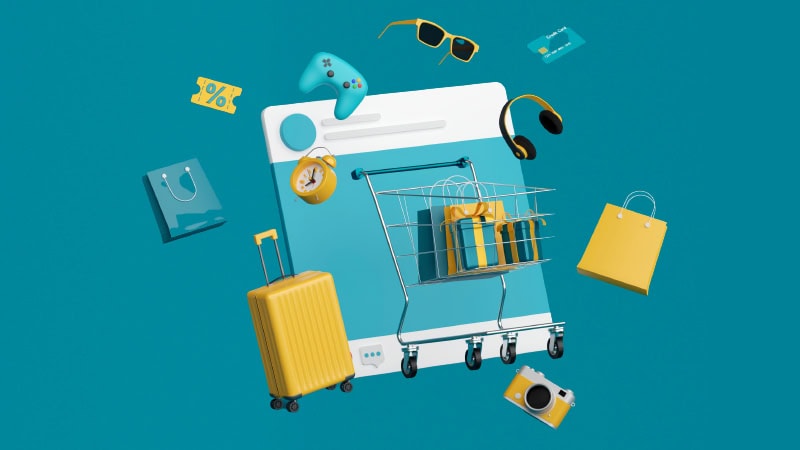Avoiding Social Media FOMO

Generating speed-of-light word of mouth, social media can trigger demand surges and trip up supply chain strategies for ecommerce retailers. Here are some approaches that work, even if you aren’t ready to livestream shoppable content just yet:
 1) Reward consumers. Use your social media platform to resonate with and reward customers. For example, apparel retailer PacSun builds customer loyalty with young consumers by teaming up with gaming platform Roblox to give its online fan base the chance to score digital items.
1) Reward consumers. Use your social media platform to resonate with and reward customers. For example, apparel retailer PacSun builds customer loyalty with young consumers by teaming up with gaming platform Roblox to give its online fan base the chance to score digital items.
2) Leverage virality. When a November 2023 TikTok showing a Stanley tumbler surviving a car fire racked up more than 95 million views, the company responded with a video offering more Stanleys and a replacement for the car. The tumbler maker continues to drive consumer demand—as well as revenue—with its ubiquitous online presence.
3) Include IRL touchpoints in your retail game plan. If you have a physical store, integrate supply chain data so on-shelf availability matches inventory that’s available online. Leveraging physical stores creates a streamlined shopping experience for consumers, who are increasingly channel/touchpoint-agnostic.
4) Make your inventory dynamic. Support social media promotions with dynamic inventory visibility. This capability can let you show different product groups to customers in different regions so you can fulfill orders cost effectively.
5) Look into building shoppable video functions. Social commerce, i.e. selling products or services directly on social media, is gaining ground with livestream shoppable content as the next big thing. Some social commerce platforms to consider include LiSA, buywith, Squadded, Violet.io, Logie, and Bitreel.
6) Provide accurate delivery dates. Now table stakes in customer loyalty and key to conversion, accurate ETAs for ecommerce shipments improve the customer experience and give users good vibes toward your brand.
7) Embrace seamlessness. Leveraging social commerce will take time but FWIW start by acknowledging multiple channels/platforms/touchpoints will converge: entertainment, social interaction, and ecommerce will influence buying patterns. Ultimately, it’s about meeting customers where they’re at.
Sources: National Retail Federation, Coresight Research
